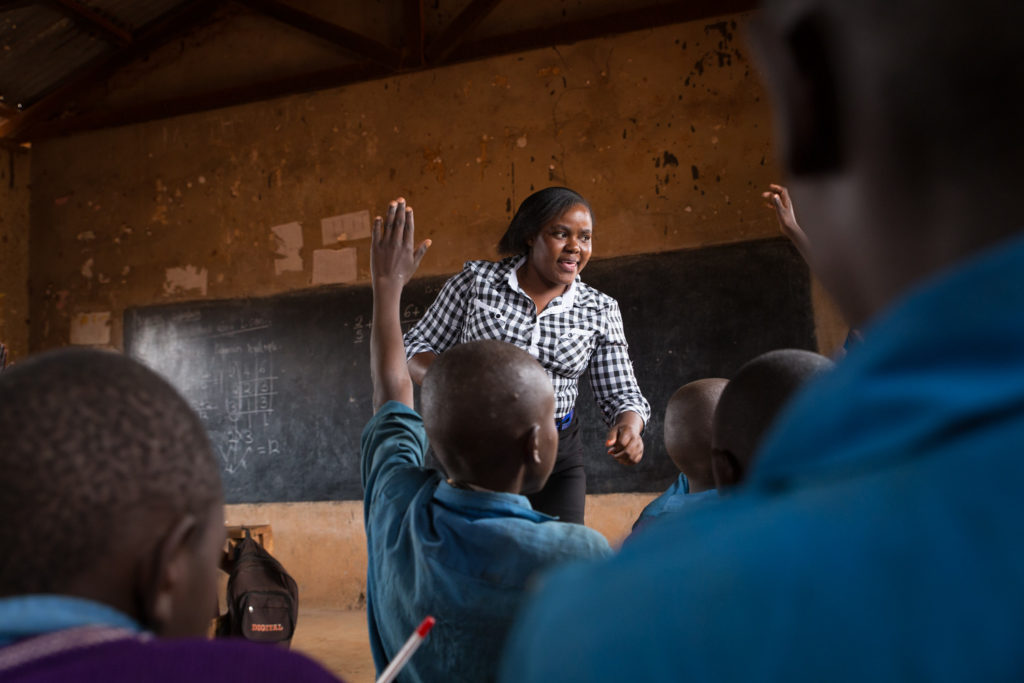The National Planning Workshop set a collaborative, engaging tone for the subsequent components to develop Kenya’s Learning Strategy including the Assessment of Leaning Needs and Capacities. The virtual workshop took place in October 2020 and featured high-level opening remarks from senior representatives of the key project partners including the Kenya Climate Change Working Group; UN CC:Learn Secretariat and Dr. Pacifica Ogola, Director of the Climate Change Directorate, Ministry of Environment and Forestry who gave remarks on behalf of the Principal Secretary, Dr. Chris Kiptoo.
In Kenya, the economic cost of floods and droughts is estimated to create a long-term fiscal liability equivalent to 3 per cent of GDP each year. Despite glaring evidence, there is still a disconnect between the science, policy and action. As Kenya is in the process of updating its NDC, operationalizing Kenya’s plans and policies will require a skilled population that understands all aspects of climate change. The Learning Strategy therefore is an important tool to achieve Kenya meet its ambitious climate targets.” – Dr. Chirs Kiptoo, Principal Secretary, Ministry of Environment and Forestry”
A key objective of the National Planning Workshop was for stakeholders to identify the broad priority areas and key actors to be engaged in the strategy development process to ensure the strategy is focused and that the subsequent learning actions undertaken create maximum impact with minimum resources. FAO Kenya Representative, Dr. Tobias Takaravasha highlighted the partnership with UNITAR/UN CC:Learn to build on synergies relating to enhancing technical and institutional capacities for adaptation planning and implementation within its NAP-Readiness Programme. In the spirit of South-South exchange, UN CC:Learn Ambassador from Malawi, Ms. Shamiso Najira shared Malawi’s experience and provided some best practice tips to inform Kenya’s strategy development process.

Kenya’s national policies and frameworks on climate change, education and capacity development provide a basis for identification of sectors for the climate change strategy e.g. the NDC and more explicitly in the National Climate Change Action Plan (NCCAP 2018-2022) that identifies capacity development as a critical enabler to achieve the adaptation and mitigation actions in the NCCAP. Stakeholders discussed and proposed priority areas and relevant key actors to be engaged in the strategy development. From the deliberations, five key sectors emerged including education, environment, energy, agriculture and water and three cross-cutting themes: capacity development, public awareness and gender and youth engagement. This will inform the sectors and institutions to be engaged in further defining climate change learning strategy.
Moreover, stakeholders discussed and provided feedback on the methodology and technical team that would drive the strategy which created ownership of the strategy, catalyze collaboration beyond the strategy development process and strengthens implementation. This was followed by a meeting with the Technical Task Team, a core group of state and non-state actors aligned to the priority sectors, to discuss the outcome of the planning workshop. This provided an opportunity to deep-dive into the strategy methodology and agree on the roles and responsibilities of the team in making the strategy a reality.

